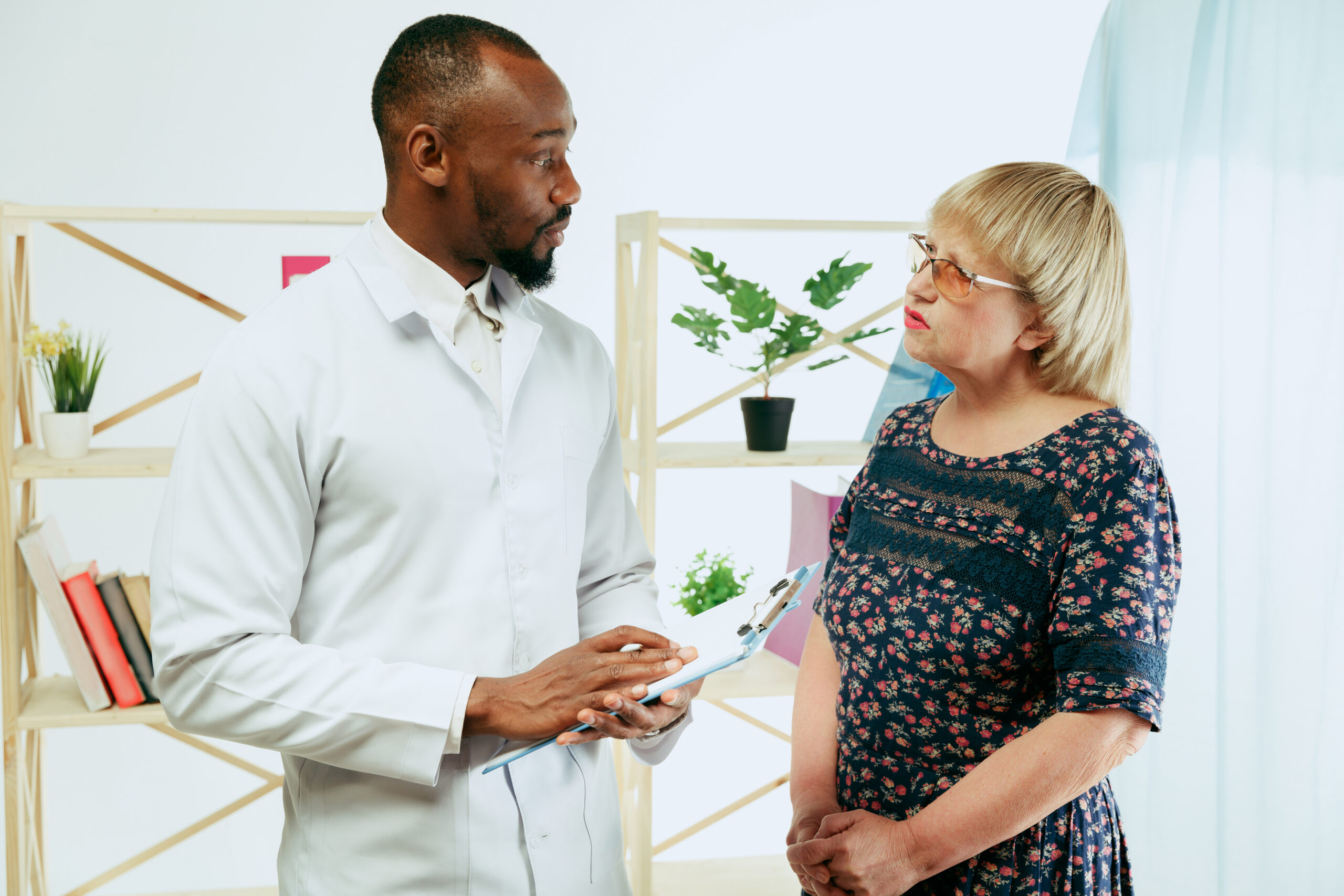Esophagogastroduodenoscopy (EGD)
in Denver, CO
What Are the Benefits of an EGD?
Undergoing an esophagogastroduodenoscopy test is advantageous for many reasons. The test can enable your gastroenterologist to directly examine the inner structures of your esophagus, stomach, and the first portion of the small intestine (called the duodenum). Additional benefits of an EGD include:
Allows for the removal of polyps, the biopsy of tissues, and additional small procedures
- Assists in identifying a number of digestive conditions (including GI infections, celic disease, GERD, Crohn’s disease, and others)
- Typically provides an efficient, quick, and safe process
- Can help detect the causes of GI symptoms, like nausea, vomiting, heartburn, and pain
What is an esophagogastroduodenoscopy?
An esophagogastroduodenoscopy (EGD) is an endoscopic treatment in which a long, narrow, flexible tube, or “scope,” is positioned into an individual’s mouth and advanced to the beginning of the small intestine, known as the duodenum. Our scope includes a light and camera attached to the end, which allows our physicians at Denver Digestive Health Specialists to easily look at the lining of the esophagus, stomach, and the first portion of the small intestine.
An EGD may typically be performed as a way to diagnose and provide an explanation for gastrointestinal problems, like pain in the abdomen, heartburn/reflux, trouble swallowing, bleeding, or irregular x-ray results. An EGD may also be performed for Denver, CO patients with constant heartburn to look for changes that are associated with esophageal cancer. Should you require an EGD, request an appointment with a GI provider at Denver Digestive Health Specialists.

What should I expect the day before My EGD?
You will get pre-op instructions from your provider explaining the necessary prep for your EGD. Many of our patients will be allowed to eat normally the day before the EGD. You may be instructed not to take anything by mouth past midnight other than medications. It is crucial to follow the requirements provided by our team at Denver Digestive Health Specialists. We will also provide more direction about any medications you take. Typically, you can take your medications as you normally would. This may not be true of all medications, especially in regard to blood thinners (i.e., aspirin, warfarin, Coumadin®, Plavix®, anti-inflammatories) or if you are diabetic. If this pertains to you, we will give you specialized instructions.
What happens on the day of my EGD?
We will ask you to show up to the endoscopy center in Denver, CO at least an hour before your procedure. You will need to replace your clothes with a procedure gown. An intravenous (IV) catheter will be started in your arm or another area so sedation can be administered. You will be connected to special equipment that allows your GI specialist} to keep track of your heart rate, blood pressure, oxygen levels, and much more throughout your EGD.
After settling into your private exam room, we’ll have you lay on your left side on our exam table. IV sedation will be started. From there, the endoscope will be gently inserted into the mouth. The endoscope will be gently moved through your esophagus, stomach, and duodenum. Injecting a small amount of air through the scope into the gastrointestinal tract will help us see better. Any fluid left over in your upper gastrointestinal tract will be suctioned out through the scope. Depending on the findings of the exam, a variety of things could be done, like the removal of polyps, biopsies, and the control of bleeding. The exam typically takes approximately 10 – 20 minutes. Following the exam, we will take you to the recovery room, where you will be monitored as the sedation starts to wear off.
When will I get my exam results?
Following the exam, your provider will review the exam findings with you. Many patients don’t remember this conversation later on because of the effects of the intravenous sedation. It is recommended you bring a family member with you with whom the results can also be discussed. You will also go home with a typed review of what we discussed. In most situations, we’ll provide you with biopsy results in about a week.
What are the risks of an EGD?
Typically, an EGD is a safe and reliable procedure. Overall, difficulties arise in fewer than 1% of procedures. Most problems are not life-threatening; however, if an issue arises, it may require hospitalization and surgery. Before your exam, a consent form will be reviewed with you by our team. Should you have any questions or concerns, these can be discussed with our team prior to your EGD.
As with other tests, an EGD is not perfect. There is a small, recognized risk that irregularities, like cancers, may be missed at the time of your EGD. It is of paramount importance that you continue to follow up with our GI providers and keep them abreast of any new or incessant issues.
Are there other choices for an EGD?
To an extent, your alternative for the esophagogastroduodenoscopy will depend on the reason for needing an esophagogastroduodenoscopy in the first place. Typically, an esophagogastroduodenoscopy is the standard way to evaluate and diagnose any suspicious findings in the upper GI tract. Although, the x-ray called an upper GI/barium swallow can check the upper GI tract as well. This is, keep in mind, just a diagnosis. Treating any findings could involve an EGD or other surgery.

Diagnostic EGD to treat symptoms
EGD FAQs
Does EGD mean the same things as upper endoscopy?
You may hear an EGD referred to by a few different names. In some instances, it could be termed a “gastroscopy” or an “upper endoscopy.” Though these terms may vary, they are generally the same as an EGD.
What are considered "normal" results for an EGD procedure?
Results that are “normal” for an EGD procedure often indicate that your provider did not identify abnormalities in the upper part of the GI structures. However, normal results may be indicated by a normal color and smooth texture of the tissue in the esophageal, stomach, and duodenal areas. In addition, there should not be any indications of bleeding, growths, or inflammation within these structures. It’s imperative to remember that a “normal” result does not always rule out all medical concerns. Some medical conditions might not be detectable during an esophagogastroduodenoscopy or may be present in another portion of the gastrointestinal tract, outside the field of the endoscope device utilized to conduct the process.
When might an EGD be recommended?
Your Denver Digestive Health Specialists provider may recommend an EGD test if you have liver cirrhosis or Crohn’s disease to help keep track of these health concerns. In addition, an EGD test may also be requested if you are experiencing:
- Black or tarry stool
- Vomiting of blood
- Heartburn
- Pain in the upper abdomen
- Difficulty swallowing
- Unexplained loss of weight
- Persistent nausea
What do I need to bring to my EGD appointment?
When you arrive at the facility for your esophagogastroduodenoscopy test, you may be asked to fill out some patient forms. Therefore, please bring your identification and insurance card with you to your visit. It might be a good idea to carry a written list of all medications you take, the dosages, and the reason for taking them. We advise that you keep any valuables like jewelry at home.